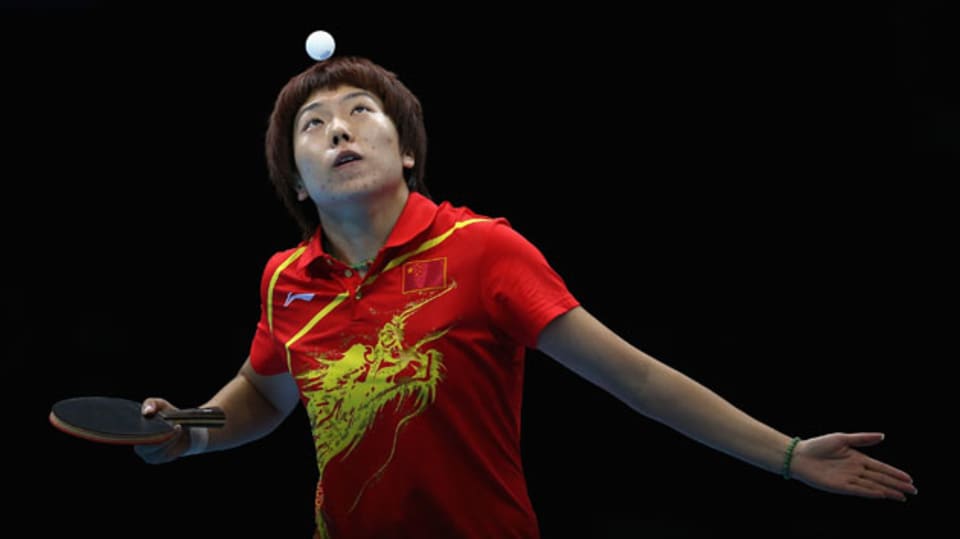
Since the sport was added to the schedule at Seoul 1988, the Asian powerhouse's superiority has grown with every Games.
Not since Swede Jan-Ove Waldner, who emerged victorious at Barcelona 1992, has Europe produced a gold medallist. Even other Asian nations, where the sport is as popular, cannot reach the same standard as China.
The most notable statistic is that China have now won 24 of the 28 Table Tennis gold medals on offer after delivering a second successive clean sweep in London.
Li Xiaoxia and Zhang Jike won the women's and men's Singles respectively, beating compatriots Ding Ning and Wang Hao in their finals.
The haul was completed as their two Team entries - the women's was comprised of Li, Ding and Guo Yue and the men's Zhang, Wang and Ma Long - also sealed the ultimate prize.
Following Beijing 2008, when China scooped every Singles medal on offer, the International Table Tennis Federation (ITTF) reduced the amount of players countries could enter into the Singles to two.
The change mattered little as a maximum medal haul of four golds and two silvers was delivered by China's representatives in London.
It seems Dimitrij Ovtcharov may be the man most likely to break the pattern.
The German won two bronze medals in London, one in the Singles and another alongside Timo Boll and Bastian Steger in the men's Team event.
There is also a new wave of impressive Japanese players, epitomised by Kasumi Ishikawa, Sayaka Hirano and Ai Fukuhara taking silver in the women's Team format.
That was Japan's first Olympic medal in the sport, though it will surely represent the first of many.
ITTF president Adham Sharara said: 'What has amazed me is that from the first day until the end, there has not been one session that is not full.
'That is really amazing; I do not know if it is the spirit of the Games or what, but it has been very impressive.
'We actually have a better feeling now than we did after Beijing because more new people have seen our sport.'
